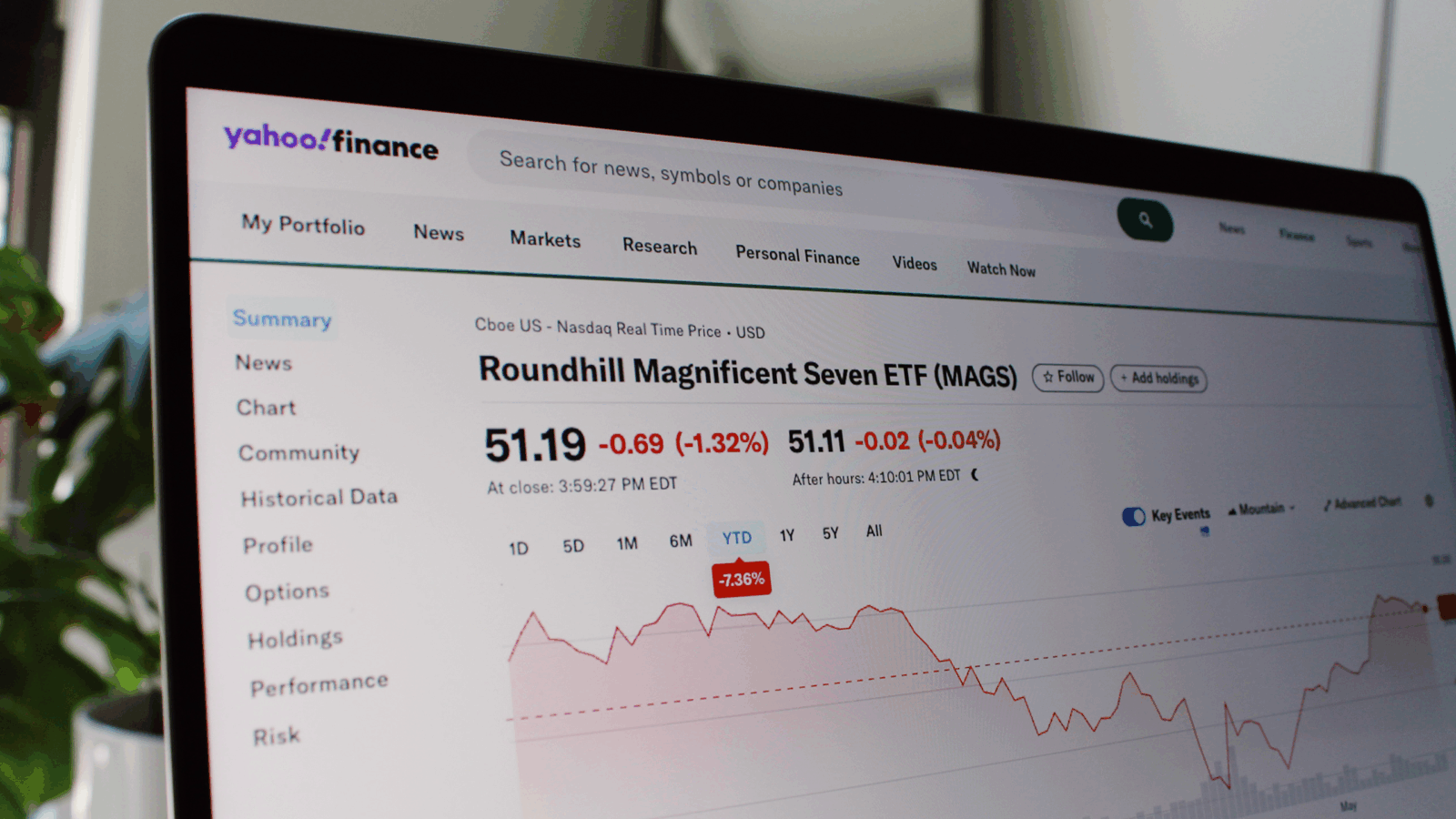EU Hits Meta With Yet Another Child Welfare Investigation
The threat posed by Europe’s new law might have more power to punish Meta than what it’s previously dealt with.

Sign up for smart news, insights, and analysis on the biggest financial stories of the day.
Europe sure doesn’t think the kids are alright.
The European Commission said Thursday it initiated an investigation into whether Instagram and Facebook breached rules laid out by the Digital Services Act (DSA) — a muscular and relatively new piece of European legislation aimed at protecting minors online. This is far from Meta’s first rodeo, but the threat posed by the DSA might have more power to punish Meta than what it’s previously dealt with.
Screen Addiction Addicts
The EC probe targets three areas where Meta may be failing in its obligations: its algorithms may be stimulating “behavioral addictions in children,” it’s not effectively verifying users’ ages, and it may not be meeting the DSA’s high standards of privacy for underage users.
An EC spokesperson confirmed to The Daily Upside that by “behavioral addictions,” the Commission means a platform’s design, not the content it shows, since algorithms push content similar to what a child has already consumed to keep them engaged. Other lawmakers, including in the US, have struggled to make this accusation stick:
- Social media “addiction,” or the idea that social media (or any online platform) is addictive because of its engagement-chasing algorithms, is not a scientific fact.
- Studies on social media’s impact are complex, and a recent study done by the Oxford Internet Institute of 2 million individuals identified a positive correlation between internet usage and psychological well-being.
That’s not to say there aren’t nuances. The same study found that people who reported a negative relationship with internet usage tended to be young women aged 15 to 24.
Meta’s European Tightrope: Even if proving addiction is tricky, the DSA already forced Meta into some fairly meaningful changes. Last October, Meta stopped showing ads to people 18 and under as a pre-emptive move so the EU wouldn’t accuse it of breaching the DSA by hoovering up minors’ data for advertisers. It also gave adult users the option to have paid accounts sans ads, but that’s a whole other can of privacy worms.











